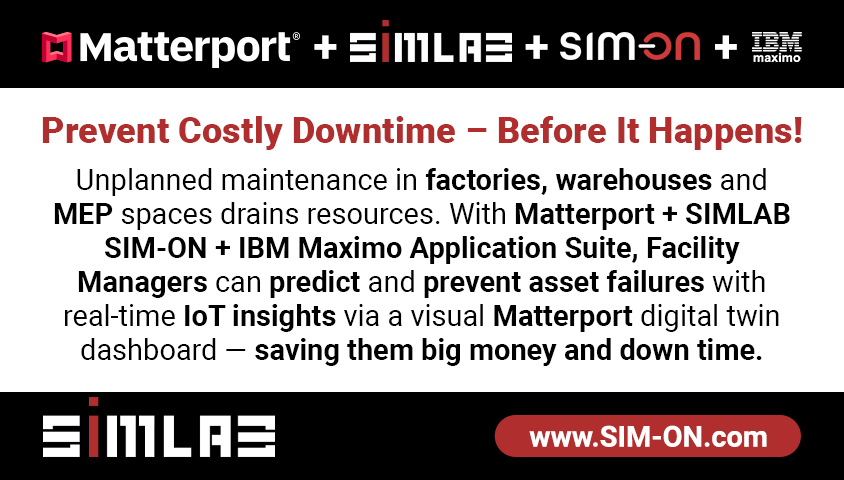SPAR3D "Who Owns the Data?" ("Is Photography analogous to laser scanning?")9587
Pages:
1
 WGAN Forum WGAN ForumFounder & WGAN-TV Podcast Host Atlanta, Georgia |
DanSmigrod private msg quote post Address this user | |
| Hi All, Must read ... SPAR3D (12 June 2109) Who Owns the Data? "Data, and its value, has been at the forefront of media discussion for the past couple years. It has been often described as the new oil." "Is Photography analogous to laser scanning?" "So, what am I paying for when I hire a photographer? Essentially, the payee is granted an unlimited license for use of the photos. According to several law sources, the employer only becomes the owner of the photos if the contract photographer uses your equipment and is on paid company time when capturing the photos." Does reality capture data differ? If I laser scan your facility, do I own the data or do you? It is your property, so why would I, the scanner operator, own the data? "Take the example of Notre Dame, which was captured by Vanderbilt University Professor Andrew Tallon as part of a project roughly a decade ago. Is the data Notre Dame’s? Vanderbilt’s? Tallon’s estate’s?" Your thoughts? Dan |
||
| Post 1 • IP flag post | ||

|
immersivespaces private msg quote post Address this user | |
| This is one of the many reasons contracts matter in commercial work. Who owns the "image" is a contractual matter... at least here in the United States. (Some countries have more "casual" requirements.) The statement that "the employer only becomes the owner of the photos if the contract photographer uses your equipment and is on paid company time when capturing the photos" is not entirely accurate. Unless surrendered specifically in a contract, regardless of the equipment used, or who owns it, if you, the photographer, click the button, you own the image. If you contract as a "Work For Hire" or create the work as an employee of a company within the scope of your work, then yes, the image belongs to your employer. The details in the wording here are important. Now, the reality capture data is a different matter yet to be addressed by Congress. I would imagine at some point the "ownership" of reality capture data will be addressed and put in favor of the photographer that captures the data. Regardless of the method of capture, we are still capturing an "image," and therein lies the legal question. It will come down to what we consider creative works. Is the positioning of a scanning camera "creative" in nature? Regardless, any material generated from the data would be creative by definition, since we would be determining the angle, distance, etc. to create the output materials. Then there is the whole question of derivative works. It will be interesting to see what comes of all of this, but I fear it may be a while. |
||
| Post 2 • IP flag post | ||
Pages:
1This topic is archived. Start new topic?
















